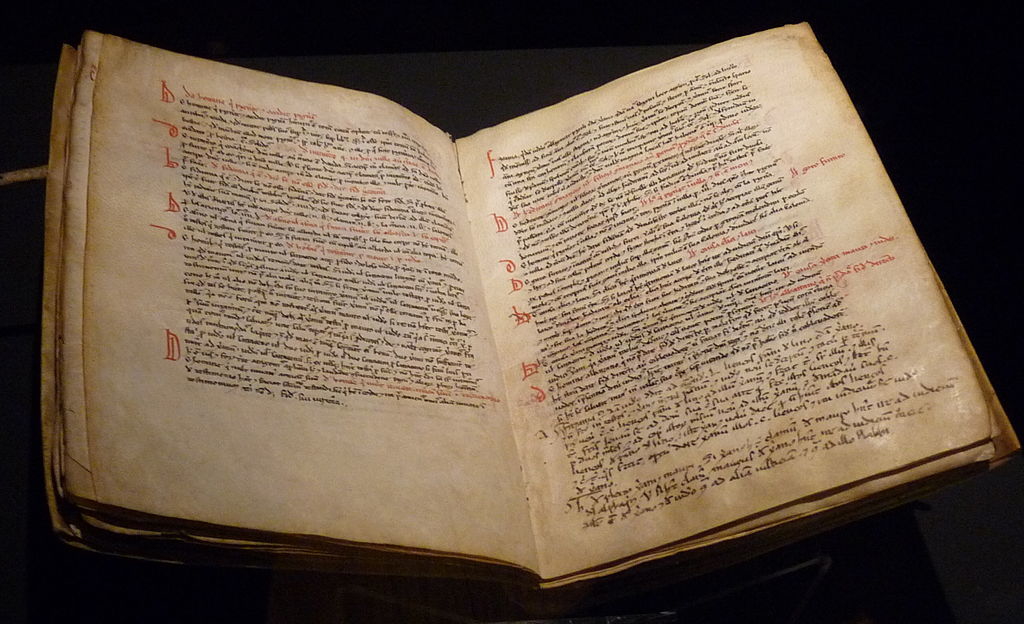Until recently, I thought that I was the only person to have written a quirky, pious, ukulele song for St. Isidore the Farmer. Perhaps I still am. However, while searching through some medieval manuscripts I found that even in this, I am not as unique as I thought: The Codex of St. Isidore, the 13th-century manuscript containing his earliest biography, also contains six catchy, rhyming Latin hymns.
Seven centuries ago and half a world away, there was someone who had a love for St. Isidore which burst into song just like mine. How wonderful it is to realize that the hand that penned a dusty manuscript belonged to someone who, if I met him today, would be an instant friend. Our strongest friendships arise where we have a common love or goal along with a delightful difference. Conversation erupts effortlessly without heed for time as you delightfully discover that you are not so unique as to be alone, but that there is another who has seen the same good, but with a fresh pair of eyes. How wonderful it is to discover a common love!
Yet, this communion goes far deeper. Besides sharing devotion for our beloved farmer saint, this 13th-century scribe and I share the same Catholic faith, the same baptism, and the same Lord Jesus, whom we both have received in the Eucharist. How wonderful it is to realize that the hands that pen manuscripts and the names in history books belong to brothers and sisters who are praying for us and who need our prayers. How wonderful that God has created such a family of friends to His glory, a Church encompassing a plethora of personalities but all united in His love and particularly in receiving His grace.
When we gather at Mass, the whole Church is there. We join with the angel’s song, “Sanctus, Sanctus, Sanctus.” We unite ourselves with the whole universal Church and with the local Church of our diocese, “with your servant Francis our Pope and Donald our Bishop.” We pray for “our brothers and sisters who have fallen asleep in the hope of the resurrection” and who in purgatory need our prayers. We stand “in communion with those whose memory we venerate,” who, glorified in heaven, are praying for us. We receive Jesus in the Eucharist, the same Eucharist that they also received.
“How good and pleasant it is when brothers dwell in unity” (Ps 133:1). How wonderful it is when all of us, with our whole array of quirky differences, are gathered into the communion of the Body of Christ to become an offering “through Him, and with Him, and in Him” unto the praise of the glory of the “one God and Father of us all, who is above all and through all and in all” (Eph. 4:4-6).
✠
Image: Ecelan, Códice Villarense (CC BY-SA 3.0).







